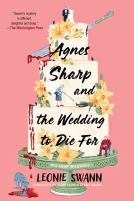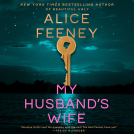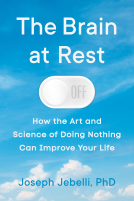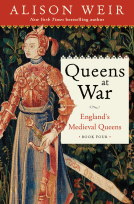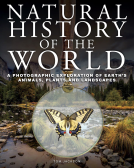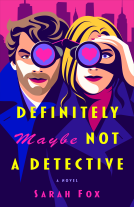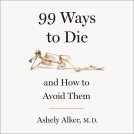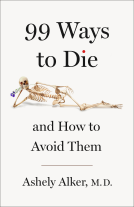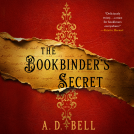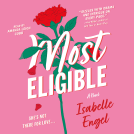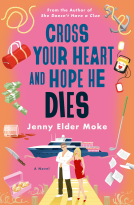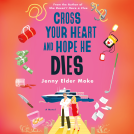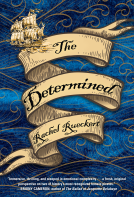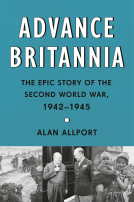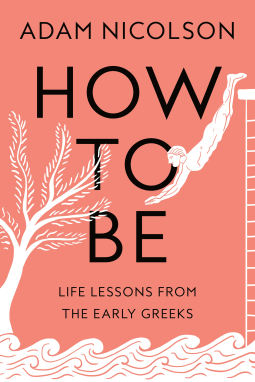
How to Be
Life Lessons from the Early Greeks
by Adam Nicolson
This title was previously available on NetGalley and is now archived.
Send NetGalley books directly to your Kindle or Kindle app
1
To read on a Kindle or Kindle app, please add kindle@netgalley.com as an approved email address to receive files in your Amazon account. Click here for step-by-step instructions.
2
Also find your Kindle email address within your Amazon account, and enter it here.
Pub Date Oct 17 2023 | Archive Date Nov 30 2023
Description
Nicolson crafts a geography of the ancient world and a brilliant exploration of our connections to the past.
What is the nature of things?
What is justice? How can I be myself?
How should we treat each other?
Before the Greeks, the idea of the world was dominated by god-kings and their priests. Twenty-five hundred years ago, in a succession of small eastern Mediterranean harbor cities, a few heroic men and women decided to cast off mental subservience and apply their own thinking minds to the conundrums of life.
These great innovators shaped the beginnings of western philosophy. Through the questioning voyager Odysseus, Homer explored how we might navigate our way through the world. Heraclitus, in Ephesus, was the first to consider the interrelatedness of things. Xenophanes of Colophon was the first champion of civility. On the Aegean island of Lesbos, the early lyric poets Sappho and Alcaeus asked themselves, “How can I be true to myself?” On Samos, Pythagoras imagined an everlasting soul and took his ideas to Italy, where they flowered again in surprising and radical forms.
The award-winning writer Adam Nicolson travels with us through this transforming world and asks what light these ancient thinkers can throw on our deepest preconceptions. Enhanced with maps, photographs, and artwork, How to Be is an expedition into early ideas. Nicolson takes us to the dawn of investigative thought and makes the fundamental questions of the ancient philosophers new again. What are the principles of the physical world? How can we be good in it? And why do we continue to ask these questions? It is an enthralling, exhilarating journey.
A Note From the Publisher
Advance Praise
“I’m not sure I’ve ever read a book that marries such profundity with such a mischievous sense of fun . . . [How to Be] is like a net strung between the deep past and the present, a blueprint for a life well lived.” —Alex Preston, The Observer
★ "Nicolson (Life Between the Tides) illuminates in this meditative account the vital influence geography had on the evolution of Greek philosophy from the 11th to the 5th centuries BCE, arguing that places gave rise to frames of mind that served as wellsprings of new ideas . . . Lyrical and insightful, this graceful analysis is an alluring must-read." —Publishers Weekly (starred review)
"Seductive . . . A poetic tour of philosophical thought." —Thomas W. Hodgkinson, The Spectator
"Nicolson's own gaze is deeply attentive . . . He weaves . . . a vivid picture that puts flesh on shadowy bones. He has infused his quest for wisdom with a sense of poetry." —Noonie Minogue, The Tablet (UK)
Available Editions
| EDITION | Other Format |
| ISBN | 9780374610104 |
| PRICE | $32.00 (USD) |
| PAGES | 384 |
Available on NetGalley
Average rating from 5 members
Featured Reviews
 Henrietta B, Reviewer
Henrietta B, Reviewer
Vivid journey to the roots of Western thinking
This book takes the reader on an epic journey through the origins of Western thinking. It was a delightful discovery while browsing the offerings of netgalley and I just loved all those little gems of insight Nicolson accumulated and put into a vision which painted a very vivid picture of the origins of the way Western thinking emerged.
Nicolson who obviously sailed and surveyed the Mediterrenean seas and the adjacent landscape for many years, introduces the emergence of Greek thinking as a result of their connection with the sea and the establishment of trade and trade routes along the sea: the mindset of merchants, settled in harbours (Nicolson coins it the harbour mind), sailing their ships to accumulate money and knowledge is the driving force behind a new way of thinking.
I loved how Nicolson lets us visit those early harbours - literally walking us through to the acropolis overlooking the sea - how he introduces the early writers, poets and shows us how their writing is connected to the world of seafaring merchants, e.g. that the Odyssee (and not the Iliad) is the complementing poem to this new, enterprising world. He skillfully brings to life this ancient world and shows the „Sitz im Leben“ of the first thinkers about the universe.
I can only rave how Nicolson opens up a whole new view of the Greek exploration by pointing out how early navigation worked. And the discovery and description of the ancient krater (a large pot) with stellar constellations had me equally in awe as the author who revealed its existence. We look with Nicolson at the guiding star of The Great Bear, we walk up with him from the harbour to the acropolis of Old Smyrna, descent under an old church crypt into the pottery lane of ancient times … and from this visceral experiences Nicholson lets us take flight to connect with those early explorers, the mapmakers of times long ago to understand the very makings of Western thinking and its uniqueness.
Kudos from this nerd who loves antiquity to this masterful book which was an absolute delight to read and savour.
Thanks to the publisher for the ARC. The review is left voluntarily.
The question "how to be" is perhaps the most essential question humans have been trying to answer since our conscious existence on Earth began. Adam Nicolson's book with the same title takes us into the world of ancient Greeks and shines a new light on the famous philosophers, thinkers, and ordinary citizens of those distant lands.
This book was a pleasure to read, mainly because of the author's beautiful language, supported by extensive research, and excellent knowledge of the subjects. It can be devoured on many levels. The philosophical ideas are not scholarly exercises in disputing the meaning of life but are clearly explained in an easy-to-understand way, with numerous rather brilliant examples. Many times I caught myself thinking, "Oh, I didn't know that!" and was delighted to learn, for instance, that Pythagoras was not the author of the well-known mathematical theorem; moreover, that he never wrote a word but was a highly inspirational figure, with many followers. Another discovery was reading about Sybarites, whose love of pleasures transferred into our adjective "sybaritic," and learning that "they banned noisy occupations such as blacksmithing, carpentry and chicken keeping from within the limits of the city." Putting my noise-canceling headphones on as the construction work on a nearby building resumed on Monday, I couldn't resist thinking what a great idea it was.
I became immersed in learning details about Sappho, whose poetry I've been adoring, and who is described as a beautiful, sensitive woman with incomparable artistry of words (examples of her poems are included, with explanation). I enjoyed reading about Homer, Odysseus, and Zeno; as a matter of fact, I enjoyed reading about all the philosophers. And the details! Describing tiny coins, or beautiful vases, supported by illustrations, conveys the everyday day life of the ancient Greeks. But it's not just the artifacts that teach us about their owners. Adam Nicolson talks about social relations, at some point emphasizing slavery and explaining its impact.
"How to Be" is one of those books I want to return to repeatedly because I feel that reading about the world of the ancient Greeks and discovering their ideas connect us with the history of Western culture and helps us understand our world. We can learn from those people who lived many centuries ago and yet who seem to be not so "ancient" after all.
